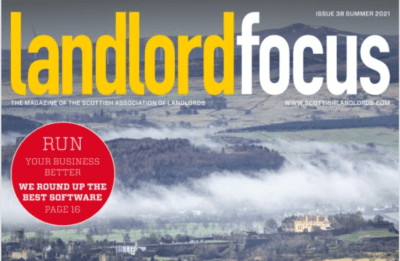By Fresh Business Thinking 13 Jul 2021

While many industries faced unprecedented challenges over the course of the Covid-19 pandemic, one that enjoyed a boom is the housing market.
House prices soared with double digit growth (or close to) across the UK as buying preferences shifted “in anticipation of new, post-pandemic lifestyles”. And yet, the most recent wage figures show growth in regular pay of 4.2%, less than half the rise in house prices in most areas.
While the events of the pandemic have been extraordinary, the gap between house prices and wage growth is anything but. In fact, the average house price is 65x higher than it was in 1970, but the average wage is just 36x higher. It has led to a long-term trend of young people finding it increasingly difficult to get on the housing ladder and own their own property. A study from 2017 revealed that roughly a third of 35-44 year olds in England are still renting, compared with less than 10% in 1997.
As this trend continues, it has led many industry professionals, academics and politicians to question whether or not owning your own home will be achievable for young people in 10 years time.
This was the topic of discussion at a recent (virtual) roundtable of housing market entrepreneurs hosted by the Great British Entrepreneur Awards and haysmacintyre.
Deposit dilemma
While the difficulties young people face in getting on the housing ladder have often been attributed to soaring house prices, Richard Jackson of Alphaletz argued that the deposit is in fact the biggest issue.
With average monthly rental payments consistently costing more than mortgage payments over the past decade, home ownership isn’t an affordability issue on a month-by-month basis.
Richard said: “It’s never been cheaper to borrow money with interest rates so low.”
Typically, mortgage providers are willing to lend 4.5x a person’s salary.
“If you take the average salary (roughly £30,000), you’ll be able to borrow around £135,000. But average prices are well over £200,000 – that’s still a £65,000 gap.
“Some of the home-buying schemes are great and the rise of 95% mortgages. But by-and-large, it’s nearly impossible to buy a house unless you’ve got a partner, and not many people want to buy a house with their partner at 20, 21, 22 years old.”
Dean Ward of DCW Group agreed, insisting that the cost of living is far too high for people to save for a deposit. He said: “If you strip out home-buying schemes, in the example Richard gave, for them to afford that £200,000 house, they have to not spend any money out of their monthly salary for about three years.
“Even if they are living at home to save on rent and bills, you’ve still got car insurance or commuting costs, day-to-day food, phone bills etc. It’s just not realistic to save that much money.”


